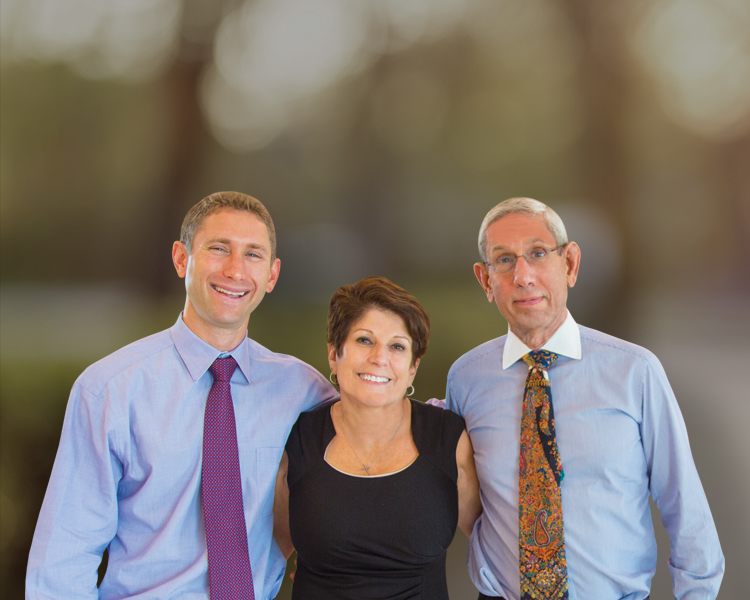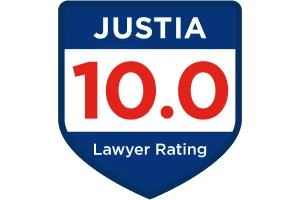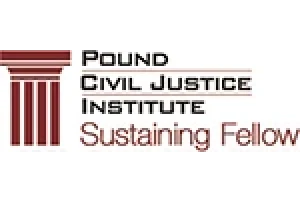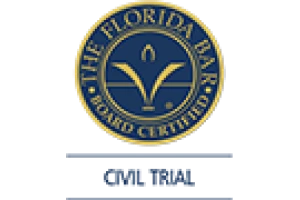Client Reviews
Golf Cart Accidents
Golf carts are ubiquitous not just on the green, but in many retirement communities, gated neighborhoods and on some public streets. While we tend to think of these vehicles as quaint and convenient, the reality is golf cart injuries can be devastating. These increasingly popular motorized vehicles have become faster and more powerful, yet are still prone to overturning and at risk of being struck by larger vehicles when used on a roadway.
Fort Myers injury lawyers at Associates and Bruce L. Scheiner, Attorneys for the Injured, can often help victims of golf cart injuries recover damages. Whether you are a golfer on a course, an employee or a private citizen in a closed community or on a public street, we may be able to assist.
The Consumer Products Safety Commission (CPSC) reports 15,000 serious golf cart injuries a year. The risk in Florida is outsized because they are so prevalent. If you prevail on a claim of negligence, you may be entitled to compensation for:
- Medical expenses;
- Lost wages;
- Pain and suffering;
- Scarring and disfigurement;
- Emotional trauma;
- Household expenses;
- Property damage;
- More.
In cases where the injury involved a person who was on-the-job, he or she may be entitled to receive workers’ compensation, with the potential to sue liable third-parties, such as the golf cart manufacturer or operator.
Our attorneys will help you explore all available legal options.
Golf Cart Regulations in Florida
Golf carts have long been considered part of the “culture” of Florida, and in Fort Myers particularly. But that doesn’t mean they are street legal, and that can come into play with regard to liability if an injury occurs.
The legislature prohibits operation of golf carts on certain roadways, with exceptions outlined in F.S. 316.212. These exceptions include:
Operation on a county road designated by the appropriate authority (i.e., the county, city or other jurisdiction) for use by golf carts. Before it can make such a designation, that municipality has the responsibility to ascertain whether golf carts can safely cross public streets, taking into consideration factors such as the character, volume and speed of motor vehicle traffic on that road.
On portions of the state highway system that intersection with a county road where golf carts have been designated for use by the Florida Department of Transportation.
For crossing streets or highways where a single mobile home park is located on both sides.
To cross a street where a golf course is constructed on both sides of the highway, assuming the DOT has approved the location and design of the crossing, as well as any traffic safety control devices necessary for safe crossing.
Florida law does not preclude use of golf carts on private roads, only on public roads. That means individual communities may permit golf carts to be driven in accordance with internal traffic rules set by the homeowners’ association or business.
In Fort Myers, The News-Press reported the city paid nearly $25,000 several years ago to evaluate whether golf carts should be allowed on local roads and sidewalks. However, after learning it would cost more than $1 million to invest in infrastructure to make it safe, the issue was cast aside. This did not make driving golf carts on public roads legal, but that hasn’t stopped many people from doing so anyway.
There are some communities, such as areas of North Fort Myers and Pine Island, where golf carts are allowable by local ordinance. However, they aren’t permitted on and around McGregor Boulevard, and law enforcement has vowed in recent years to crack down on unlawful use. Florida statute does not allow golf carts to be operated by anyone under the age of 14, but there is no requirement to obtain a license or undergo an instructional driving course.
These regulations don’t apply to electric-powered “low speed vehicles” or LSVs, which look much like a golf cart, but require a license and insurance to drive and are equipped with seat belts, turn signals and tail lights. Crashes involving these vehicles may be handled much the same as any other motor vehicle accident.
Leading Causes of Golf Cart Injuries
As noted in one study published in the American Journal of Preventive Medicine, most golf cart injuries can be attributed to falls from golf carts or cart overturns. A lot of these cases can be directly traced to a lack of safety features on these vehicles, such as no seat belts, no front wheel brakes and no requirement to wear helmets. Children especially are at high risk.
Specific injuries included:
- Soft tissue injuries (including sprains, strains, contusions, abrasions and hematomas) – 48 percent
- Fractures – 22 percent
- Laceration/ amputation – 16 percent
- Head injuries – 22 percent
- Concussions – 2 percent
- Internal organ injury – 4 percent
Injuries to children under 17 comprise 31 percent of reported golf cart injuries treated at hospital emergency rooms.
Another study revealed golf carts moving at speeds as low as 11 mph could easily eject a passenger while turning. Most golf carts don’t have brakes on all four wheels (only on the rear), which has been known to cause directional instability – causing carts to “fishtail.”
Liability and Compensation in Florida Golf Cart Accidents
In establishing liability and seeking compensation for Fort Myers golf cart injuries, there may be several options.
First consider that The Florida Supreme Court deemed golf carts to be a dangerous instrumentality in its 1984 Meister v. Fisher decision. That puts it in the same league with other types of motor vehicles (i.e., cars, trucks, buses, towing engines), which means the owner of that vehicle may be held liable for the negligent operation of the cart – even if he or she wasn’t the one behind the wheel.
Secondly, if the golf cart belonged to a private individual, it’s possible his or her homeowners’ insurance may cover the damages. Liability coverage for owned motor vehicles not required to be registered for use on public roads can be purchased through homeowners’ insurance.
If the injury occurred on a golf course, the course owner or operator could be liable both as the owner of the cart (as mentioned earlier), but potentially also for premises liability if there was a dangerous condition on site that contributed to the crash or exacerbated the injuries. Some examples might include:
- Improperly paved roads;
- Failure to remove damaged trees;
- Defective/ dangerous conditions on the course.
If you are at work, you may be entitled to workers’ compensation.
If there was an issue with the design or manufacture or repair of the golf cart that made it unsafe, you may pursue a product liability claim against the manufacturer or seller, or a claim of negligence against the repair shop.
Injuries due to golf cart accidents can be serious and extensive. Our injury attorneys in Fort Myers can help.
800-646-1210 – Associates and Bruce L. Scheiner – Focused on Justice















